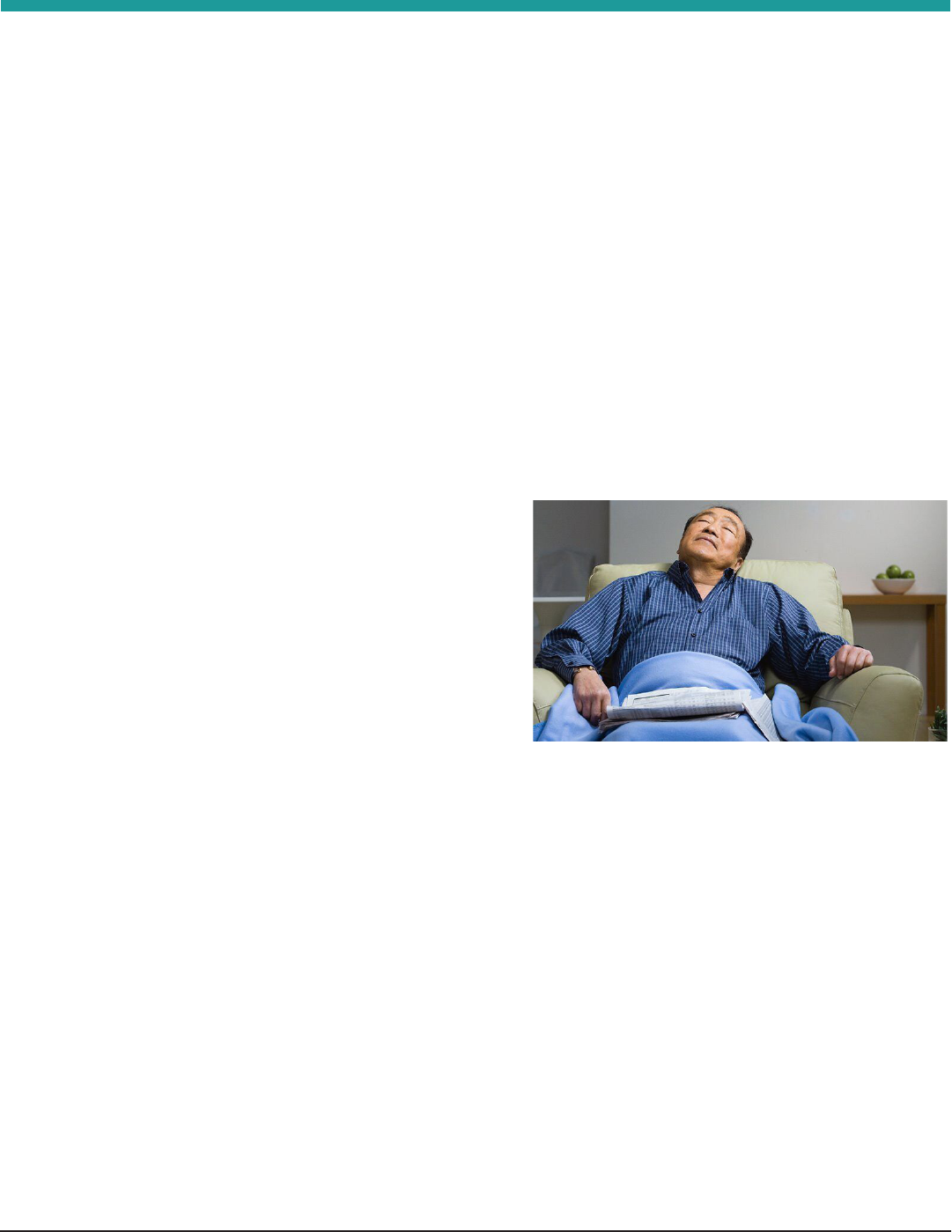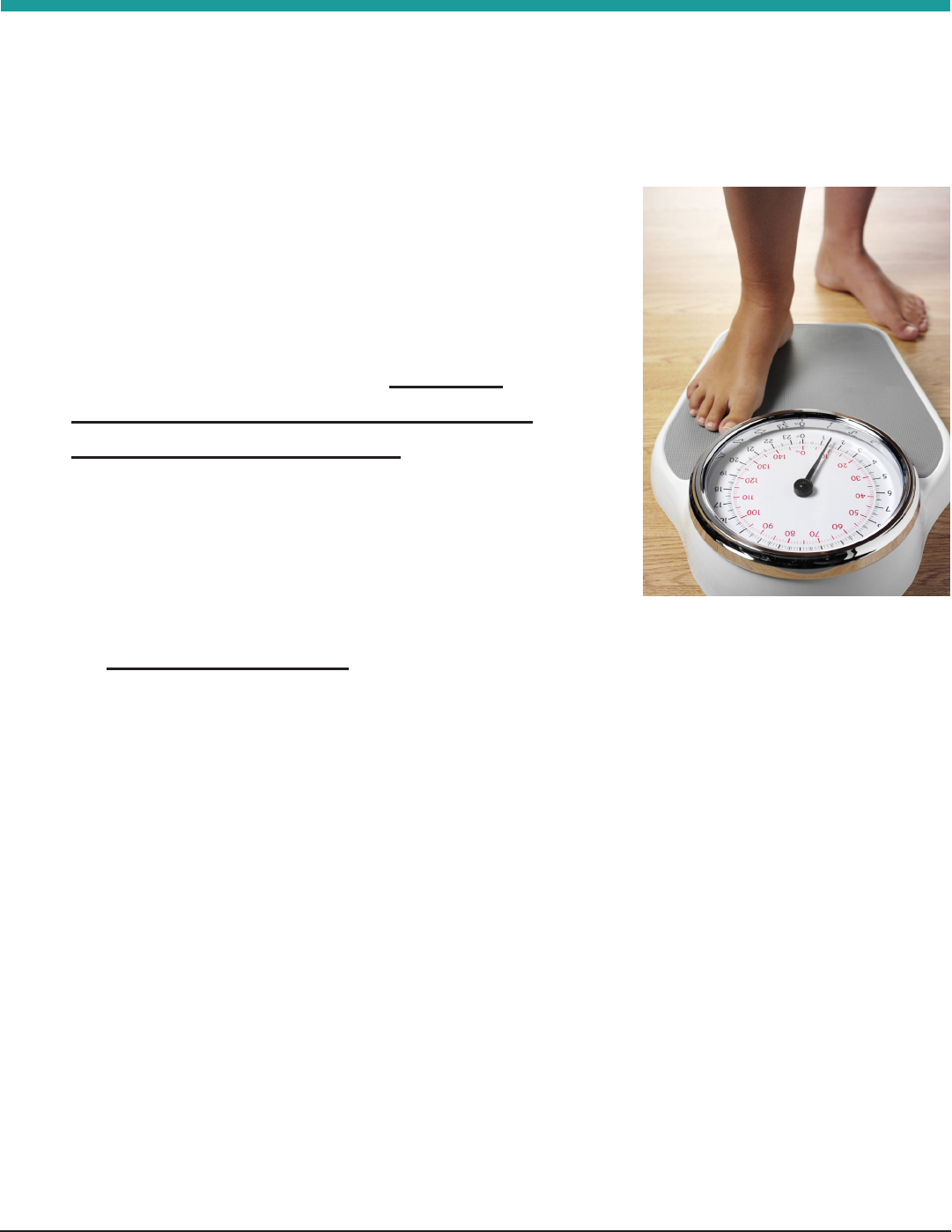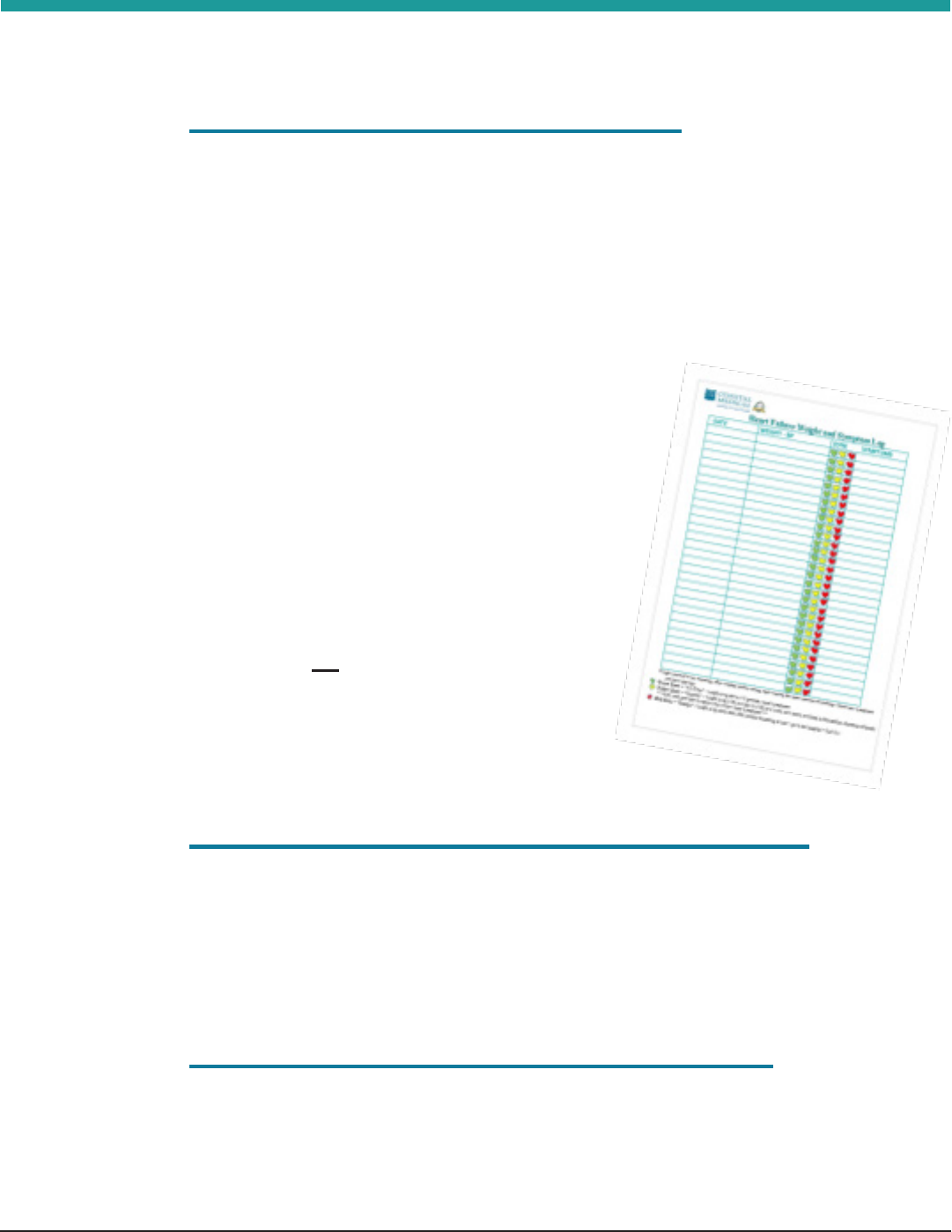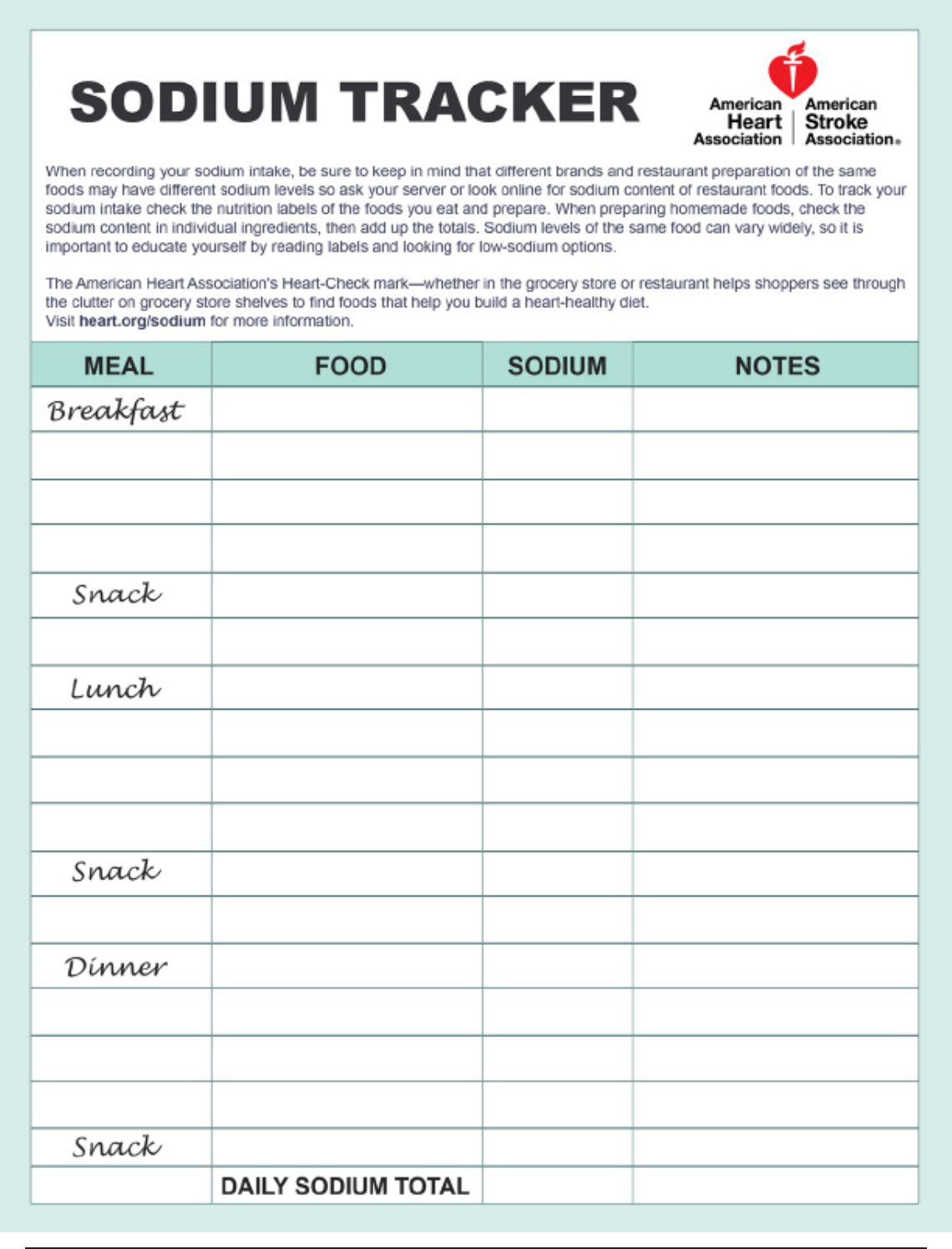
1 | Page
Handbook
My
Heart
Failure
Living with Heart Failure
Name: _________________________
Primary Care Provider: _________________________
Cardiologist: ___________________________________
Nurse Care Manager ___________________________
Pharmacist: ____________________________________
Behavioral Health Specialist: ____________________

2 | Page
Care Team & Coastal365
Living with Heart Failure
Your Coastal Medical Care Team includes your:
Primary Care Provider
Cardiologist
Nurse Care Manager
Pharmacist
Behavioral Health Specialist
After ofce hours, call (800) 822-5981 to
schedule an adult sick visit appointment with
a Coastal provider 365 days a year - including
evenings, weekends and holidays.
If Coastal365 is closed:
• Call your primary care physician or Coastal cardiologist’s ofce.
• The answering service will take your call, page the on-call physician and the
physician will return your call.
• Speak with the physician about your symptoms.
• The physician will determine if you need to be seen immediately, or schedule an
appointment at your primary practice if available or at the sick clinic.
In an actual emergency, always call 911 or go to the nearest emergency room.

3 | Page
What is Heart Failure?
Living with Heart Failure
Heart Failure is a serious, chronic condition – not a one-time event.
Nearly 6 million Americans are living with Heart Failure today.
Heart Failure is one of the most common reasons people 65 or older
go to the hospital.
Heart Failure does NOT mean your heart has failed or is about to stop.
If you have Heart Failure, it means your heart is weakened and is not
pumping as well as it should.
Your body depends on your heart’s ability to pump blood that is rich
with oxygen and nutrients to all of your organs in order for them to
work properly.
Organs that don’t work right can cause uid build-up in your body
and can lead to swelling in your feet, ankles or abdomen. Heart
Failure can also cause shortness of breath, fatigue, and loss of
appetite.
Everyday activities like walking, climbing stairs, household chores or
carrying groceries can become difcult.

4 | Page
Know The Signs
Know The Signs
1. Shortness of Breath
2. Rapid Weight Gain
3. Swelling
4. Fatigue
5. Lack of Appetite

5 | Page
Symptom: New or worsening shortness of breath.
You may notice you are having trouble catching your breath
during common activities like walking or climbing stairs.
You may have a new cough.
You may notice that you need
to use more pillows to breathe
comfortably while you sleep.
You may wake up in the night
with trouble breathing.
You may be sleeping in a recliner because of your breathing.
These are all signs that uid could be building up in your
body, and may be backing up in your lungs making it hard
for you to breathe.
This a warning sign and will not get better on its own.
These symptoms will get worse if they are not treated.
Know The Signs
1. Shortness of Breath

6 | Page
Know The Signs
It is normal for your weight to
change one to two pounds in a
day.
People with heart failure can gain
weight rapidly, such as three or
more pounds in a day and ve or
more pounds in a week.
This may be a warning sign that your
body is retaining uid.
Weight gain from water can start up
to two weeks before you have any
symptoms! for you to breathe.
You may notice new or worse swelling in your feet, ankles and/
or abdomen.
This is a warning sign that your body is retaining excess uid.
2. Rapid Weight Gain
3. Swelling

7 | Page
Know The Signs
You may have little to no energy
and feel tired or easily fatigued.
Everyday activities may be
difcult to perform.
You may have no appetite or you may even feel nauseous.
This can be a warning sign of heart failure. Your stomach and
intestines may not be receiving enough blood which can
cause problems with digestion.
4.Fague
5.LackofAppete
or Nausea

8 | Page
Managing Heart Failure
Managing Heart Failure
Don’t forget to…
Check Your Weight
Monitor Your Breathing
Monitor Your Swelling
Know the Heart Failure Zones
Follow Your Heart Failure Action Plan
Take Your Medications
Limit Sodium
Keep Moving
Manage Stress
Quit Smoking
Plan Ahead
Develop a Heart Failure Healthy Lifestyle Plan

9 | Page
Managing Heart Failure
Weigh yourself every day – rst thing in the morning
after urinating.
o Use a log to record and track your weight and
symptoms.
n There are weight logs on
pages 24 & 25 for you to use
It is normal for your weight to
change one or two pounds in a
day.
Let your provider know if your
weight changes by three pounds
in one day or ve pounds in one
week.
Watch for new or worsening shortness of breath,
especially during activities or when sleeping.
Watch for new or worsening swelling in your feet,
ankles or abdomen.
Check Your Weight
Monitor Your Breathing
Monitor Your Swelling

10 | Page
Know the Heart Failure Zones
Know the Heart Failure Zones
Green Zone - I’m feeling well!
o My breathing is usual for me
o My weight is stable (within one to two pounds a day)
o Usual amount of swelling in my feet, ankles or abdomen.
Keep up the good work
Red Zone - Danger!
o I am struggling to breathe even at rest.
o I am very fatigued and may be confused.
o I may have chest pain.
Call 911. Go to the hospital. This is an emergency!
Yellow Zone - Caution!
o I’m having new or worsening shortness of breath. I may
be using more pillows at night or may be sleeping in a
recliner.
o My weight has gone up by three pounds or more in a day
or ve pounds or more in a week.
o I have new/worse swelling in my feet/ankles or abdomen.
o I may be tired, fatigued and have little or no energy.
o I may have no appetite.
Call your provider right away to report your symptoms
The Heart Failure Action Plan is a tool to help you stay
on track by managing your heart failure and gauging
your symptoms.
The HF Action Plan is arranged into three colored zones:

11 | Page
FollowYourAconPlan
Follow Your Action Plan
Heart Failure Action Plan is meant to help
you better understand your condition.
The action plan helps you to:
o Know which Heart Failure zone you are currently in
o Take action based on how you are feeling
There is a Heart Failure Action Plan on page 23 for you to use.

12 | Page
ManagingMedicaons
Managing Medications
Your medications are designed to work together to:
o Protect your heart and other organs from further
damage
o Decrease symptoms and improve your heart function
o Keep you well and out of the hospital
It is important you take all your medications as directed
every day, even when you are feeling well.
Your medications are designed to work together to:
o Protect your heart and other organs from further damage
o Decrease symptoms and improve your heart function
o Keep you well and out of the hospital
You are most likely feeling well because of your medications.
Takeyourmedicaons!

13 | Page
1. Take your medications as directed by your provider, even if
you feel well.
2. Contact your provider if:
• You are having side effects to a medication.
• You have trouble remembering to take any medications.
• You have difculty paying for your medications or getting
prescriptions lled at your pharmacy.
3. Create and maintain an updated medication list (including
over-the-counter, vitamins and supplements) to keep with you
at all times and to bring to appointments.
4. Use the same pharmacy for all prescriptions and rell your
medications on time.
Check your medication bottles for expiration dates and
discard any medications that have expired.
Avoid taking NSAID medications. NSAIDs are a class of pain
medication that includes ibuprofen, Motrin, Advil, Aleve, and
naproxen.
Stepstomanageyourmedicaons:
Managing Medications

14 | Page
Managing Medications
Talktoyourpharmacistifyouhavequesonsabout:
You have a pharmacist on your Coastal Care Team that
can meet with you in person or over the phone to help
answer these questions.
o Managing your medications
o How to take your medications
o How your medications work or possible side effects
o Cost of your medications
o Any other medication-related questions

15 | Page
DailyHeartHealthyHabits
Daily Heart Healthy Habits
Sodium causes your body to hold onto water. This can
cause uid to build up in your body and lead to worsening
heart failure.
Sodium in your diet comes mostly from salt.
Salt is often added in large amounts to prepared foods.
According to the American Heart Association, the average
American eats about 3400 mg per day!
Limit sodium to 1500 to 2000 mg of per day.
Having less sodium can also help lower your blood pressure
and avoid further damage to your heart and organs!
1. Limit Sodium in Your Diet
There are sodium trackers
included on pages 26 & 27 to
record your sodium intake.

16 | Page
Daily Heart Healthy Habits
Tips for Lowering Sodium
Readlabelscarefully...
Take the salt shaker off the table
Don’t add salt to your food
Use other herbs and spices to
add avor to your food
Remember: One teaspoon of salt contains 2,400 mg
of sodium.
Look for the serving size –
there may be more than one
serving per package
Look for the amount of
sodium per serving
You will nd sodium in
unexpected places
These are all forms of added sodium.
Look for:
• Sodium alginate
• Sodium sulte
• Sodium caseinate
• Disodium phosphate
• Sodium benzoate
• Sodium hydroxide
• Monosodium glutamate or MSG
• Sodium citrate

17 | Page
Daily Heart Healthy Habits
High Sodium Foods:
Meats
• Bacon
• Ham
• Beef jerky
• Bologna
• Corned Beef
• Hot dogs
• Kielbasa
• Pepperoni
• Salami
• Deli meats
• Sausages
• Sardines
• Canned tuna,
salmon and chicken
Vegetables
• Pickles (sweet & dill)
• Pizza sauce
• Tomato sauce
• Canned vegetables
Low Sodium Options:
• Choose fresh, frozen, or canned food items without added salt.
• Try unsalted nuts or seeds, dried beans, peas, and lentils.
• Choose unsalted, lower-sodium, broths, bouillons, and soups.
• Add fresh lemon juice instead of salt to sh and vegetables.
• Use different vinegars or citrus juice as a avor enhancer for greens
and other vegetables – add just before serving.
• Try cayenne, red pepper akes or fresh hot peppers (seeds and
membrane removed) for a little extra spice and avor to your dishes.
Sauerkraut
• Spaghetti sauce
• Stewed tomatoes
• Tomato and vegetable
juice
Starches
• Canned beans
• Biscuit and pancake mixes
• Breads and rolls
• Corn or potato chips
• Macaroni and cheese
• Popcorn
• Stufng mixes
• Wafes (frozen)
Other
• Bouillon cubes and broth
• Soups – canned or frozen

18 | Page
Daily Heart Healthy Habits
Heart Failure does not mean
you can’t be active
Like all your muscles, your heart
is a muscle that benets from
activity
Activities that strengthen your
heart help it keep up with the
blood ow your body needs
Activity also helps control your
weight and blood pressure,
and can release endorphins, or
natural chemicals, in your body
to help you feel good and stay
positive
You don’t have to run a marathon, start off slow and build.
• 15 blocks = one mile (on average) if you walk one block/
day in just over two weeks you will have walked one mile.
• 2,000 steps = one mile; when you are talking on the phone or
during commercial breaks try walking around your house.
• Small changes add up over time.
• You can try: parking farther away, walking an extra lap
around the grocery store, taking the stairs.
2. Keep Moving
Remember to balance acvity
with periods of rest.

19 | Page
Daily Heart Healthy Habits
Living with a serious, chronic condition like Heart Failure can add to
the day-to-day stress in your life, making it more difcult to manage
your symptoms and stay on track.
Stress can:
• Make you feel sad, angry, afraid, agitated or helpless
• Cause you to lose sleep
• Make your heart work harder, raise your blood pressure and make
your symptoms worse
• Increase pain in your neck, jaw and/or back and increase the
frequency of headaches
• Lead to overeating, smoking, drinking, or drug abuse
• Sabotage your efforts to stick to a healthy life plan
Positive Self Talk:
The way you talk to yourself can be a powerful tool in managing stress.
Work toward changing negative thoughts into positive thoughts, such
as:
Negative: Positive:
I can’t do this. I will do my best.
Everything is going wrong. I can handle this, one thing at a time.
Practice concentrating on positive thoughts when you are sitting
quietly or before going to bed:
“I’ve got this.” | “I’m not going to let this get me down.”
“Things could be worse.” | “Someday I’ll laugh about this.”
3. Manage Your Stress
What can you do to manage stress?

20 | Page
Daily Heart Healthy Habits
• Take 15-20 minutes a day for yourself. Sit quietly, relax, breathe
deeply and think of something peaceful.
Regular rest periods can give your heart a chance to
pump more easily.
• Engage in regular physical activity that you enjoy like walking,
swimming, riding a bike, yoga, tai chi or gardening.
• Try to do something you enjoy every day such as reading, playing
cards, crafting, watching a movie – even if only for a short time.
Live a more relaxed life:
• Learn to say “no”
• Slow down – pace yourself, don’t race
• Get enough sleep
• Take up a hobby
• Spend time with the family/friends
• Try to nd the time to do something that gives you pleasure every
day
To manage your stress you can also:

21 | Page
Daily Heart Healthy Habits
Smoking can:
• Make your heart work harder
• Raise your blood pressure
• Lead to worsening damage of
your heart and other organs
It is never too late to stop, even if you have tried without
success in the past.
Combining behavior modications and smoking cessation
aids can help you succeed.
Coastal Medical has a smoking cessation
program available to you.
Your Care Team can help you register.
4. Quit Smoking

22 | Page
Daily Heart Healthy Habits
5.PlanAhead
No one likes to think about what will happen if a serious illness strikes.
One of the most worrisome questions is:
“Will my doctors know what is important to me
and what treatments I want?”
There are important steps you can take when you are well to let your
family, friends and doctors know what is most important to you in
your health care. A very common option is to create an Advance
Directive.
WhatisanAdvanceDirecve?
An Advance Directive, sometimes called a Living Will is a legal
document that can outline the treatments you would and would
not want if you are not able to speak for yourself.
It typically addresses whether you would want to receive articial
respiration or breathing machines, dialysis, tube feeding, articial
hydration and organ donation. It may also document your wishes
to receive CPR or a do-not-resuscitate order.
It can also identify a durable power of attorney or health care
proxy. This is a person you identify and trust to carry out your
wishes when you cannot.
It can be a gift to your loved ones by easing their stress and worry
while making sure you receive the care you want.
ADAPTED FROM THE AMERICAN HEART ASSOCIATION

23 | Page
Daily Heart Healthy Habits
HowtogetanAdvanceDirecve:
You can go to an attorney, but that is not necessary. There are many
ways you can create an Advance Directive on your own. Some
options are:
Rhode Island Durable Power of Attorney for Health Care. This is a
free document provided by the RI Department of Health. It can
be found online at www.healthRI.gov or you can get one from
any member of your Coastal Medical Care Team.
MOLST – Medical Orders for Life Sustaining Treatments. This is a
free document provided by the RI Department of Health. It is lled
out by you and your health care provider. Any member of your
Coastal Medical Care Team can help you obtain this form.
5 Wishes – This is a document that can be ordered through www.
agingwithdignity.com for a fee of $5.00. It helps you explore and
document your wishes on important health care topics and name
a health care proxy.

24 | Page

25 | Page

26 | Page

27 | Page

28 | Page

29 | Page
Living with Heart Failure
Notes:

30 | Page
Living with Heart Failure
Resources
For more support and information:
American Heart Association (AHA)
www.heart.org
wwwRiseaboveHF.org
AHA Online Support Network
www.supportnetwork.heart.org
Heart Failure Society of America
www.hfsa.com
Cardiosmart – American College of Cardiology
www.cardiosmart.org
Keep it Pumping
www.keepitpumping.com
Living with Heart Failure www.coastalmedical.com
